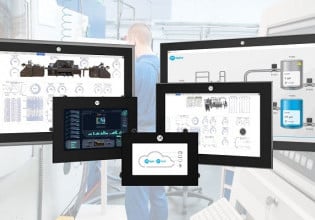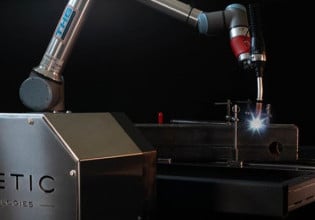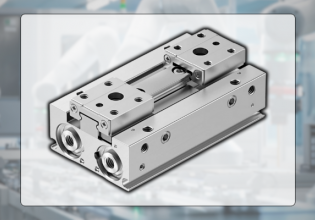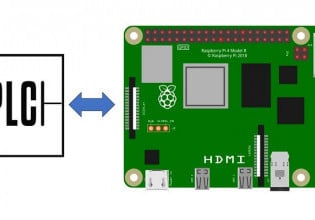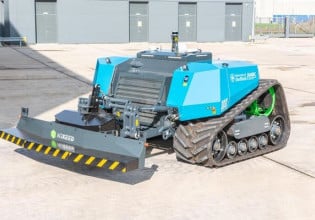How Are Companies Partaking in COVID-19 Relief Efforts?
In the last month, many companies have stepped up to help face this crisis by 3D printing and other manufacturing efforts.
COVID-19 continues to spread, and its impact on people’s future and the world economy still hard to fully assess. Most recently, Siemens, Dyson, Protolab have joined the list of electronics firms using their expertise to help out.
3D Printing to Help the Medical Community
Siemens has made its additive manufacturing (AM) Network and 3D printers available to the global medical community. The largest industrial manufacturer in Europe and one of the biggest in the world, Siemens specializes in applications for industrial, energy, healthcare, and infrastructure and more.
Due to the global reach and size of the company, Siemens’ AM Network and 3D printers are set to make a difference in a moment where healthcare workers are struggling for masks, ventilators, and other equipment.

Siemens virtual 3D printing. Image used courtesy of Siemens.
Following the move, any individuals or organizations with medically certified printing capacities will be able to register for free and access the Siemens AM Network.
The company did not specify what devices in particular people will be able to print, but since many Siemens designers and engineers are part of the AM Network, it is understood they will be able to help with a wide range of design requests. The network’s connectivity capabilities also mean production times for these components will potentially be increased.
From Vacuum Cleaners to Ventilators
UK company, Dyson, is best known for making vacuum cleaners, hairdryers, and air purifiers.
To help tackle the COVID-19 crisis, Dyson has now joined forces with independent technology companies The Technology Partnership (TTP) in order to produce a new ventilator model. The device has been named CoVent, and it is a bed-mounted, portable ventilator designed to run from battery power.
Sponsored by a U.K. government grant and under the guidance of the U.K. National Health Service and the Medicines and Healthcare products Regulatory Agency (MHRA), Dyson will produce 10,000 ventilators for the NHS, plus 5,000 for donation.Of these 5,000, one will go to the U.K. private sector, while the others to other countries.

The CoVent ventilator by Dyson and TTP. Image used courtesy of Dyson.
Since the ventilators’ design needs to obtain regulatory approval before receiving funding and going into production, the company has not yet released an official delivery date. Follow Control.com for more updates on this.
Ensuring Business Continuity via Supply Base
Digital manufacturing expert Protolabs is also trying to support its customers through the disruptions caused by the pandemic.
Focusing on rapid prototyping and on-demand production, the company provides various manufacturing services, including injection molding, sheet metal fabrication, CNC machining, and 3D Printing.
Protolabs has issued a statement last week reassuring its clients that it is “already working with government authorities and organizations across Europe to assist in the manufacture of critical components to support the effort to combat the disease which is impacting society.”
Since Protolabs’ ordering process is based on e-commerce, the company is well-placed to tackle the emergency.
“Our manufacturing processes are digital, and while we do need people in our facilities to operate, we require significantly fewer operators than any other type of manufacturing,” said Protolabs ‘vice president and managing director Bjoern Klaas.
Protolabs has already 3D-printed several ‘Charlotte’ valves for respirators to help Italian engineers.
 Protolabs 3D printing medical devices. Image used courtesy of Protolabs.
Protolabs 3D printing medical devices. Image used courtesy of Protolabs.
The firm is also working with a highly multiplexed molecular diagnostics specialist to manufacture 20,000 plastic cassettes needed for COVID-19 testing every quarter and has most recently aided medical startup AusDiagnostics with injection mold 500 of sample parts.
Protolabs said that, while certain practices to attempt to reduce infection risk are being deployed, the company will remain fully operational through the pandemic.
What do you think about these companies’ efforts and would you like to add any other to this list?

